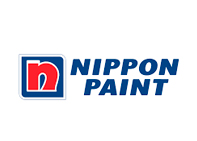Fire Protection Engineers & Consultants
Blaze Guard Fire Engineering (Pvt) Ltd, was to provide professional service in the Fire Fighting Sector. We are dedicate to provide total quality engineering, installation and maintenance services to our customers in Sri Lanka.

Building Safety
Building fire safety cannot be defined as a single system, it relies upon a group of sub systems to form a complete package.
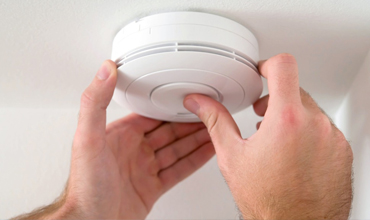
Household Safety
We believe that the best way to keep human safe from fire is to help you understand common risks and reduce them in your home.

General Safety
In addition to our standard line of safety products we offer industrial signage, tapes, flags, and protective clothing to keep your employees safe.
Creditable Integrity
Value talent cultivation and encourage
creative innovation
Effective Team Work
Pursue organizational solidity and press
on effective team-work
Quality Assurance
Ensure first and best of product quality
and service

About Company
Design fire protection & detection, engineers & consultants, supplying installers, maintenance & services.
Blaze Guard Fire Engineering (Pvt) Ltd has proven track record in executing fire system projects with standards that far exceed the local fire code. We have been continously involved with CIDA in upgrading and emhancing the local fire code to better align with international standards.
Blaze Guard Fire Engineering (Pvt) Ltd was to provide professional service in the Fire Fighting Sector. We are dedicate to provide total quality engineering, installation and maintenance services to our customers in Sri Lanka.
General Services
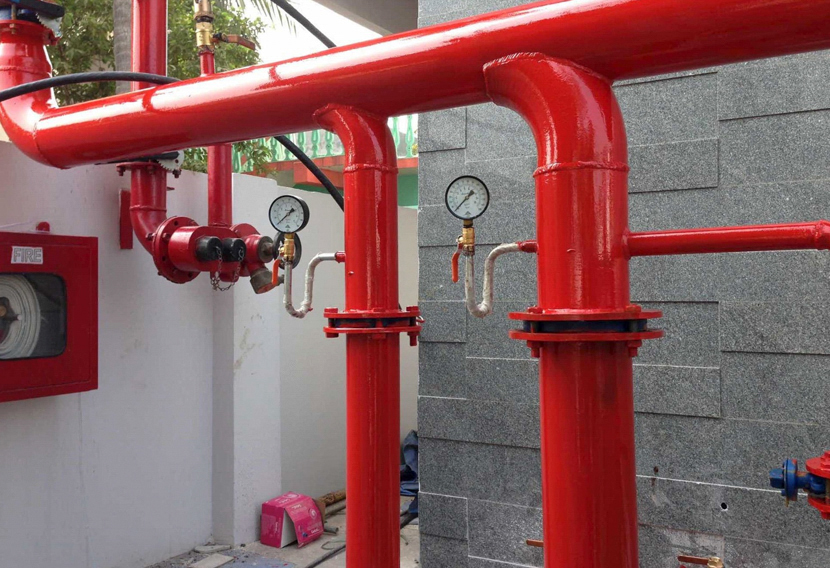
Fire Hydrant System
Fire hydrant system is an effective and efficient means of extinguishing large fires. Which can otherwise cause devastation...
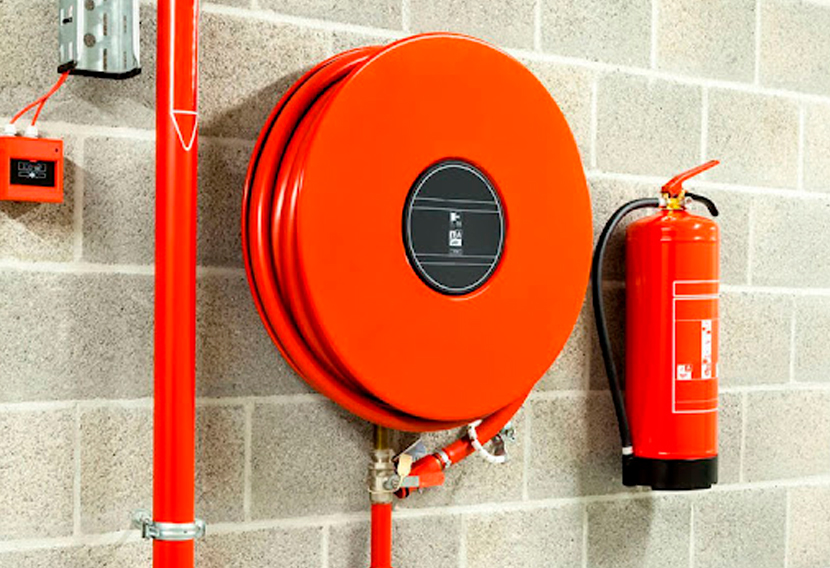
Hose Reels System
Fire Hose reels are located at strategic places in buildings to provide a reasonable accessible and controlled supply of water...
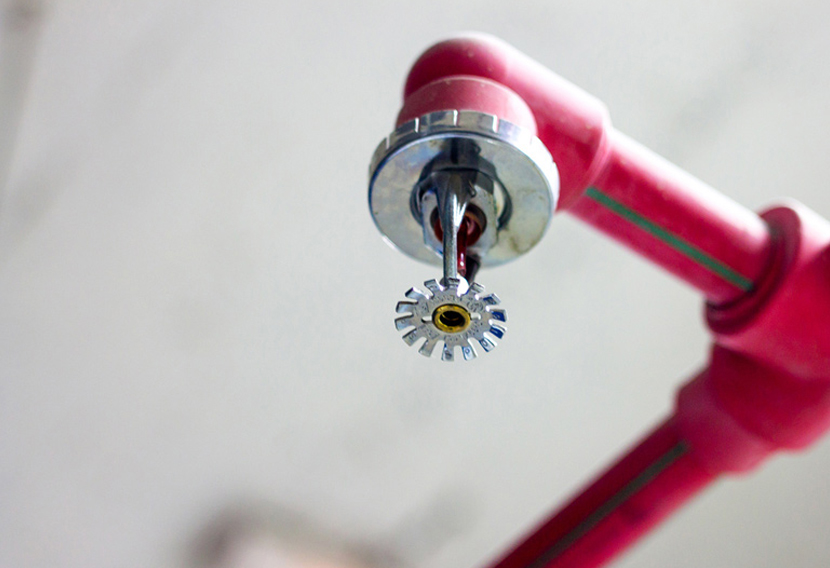
Sprinkler System
The automatic sprinkler and fire alarm system shall be designated to extinguish a fire in its early stages by the use of water and...
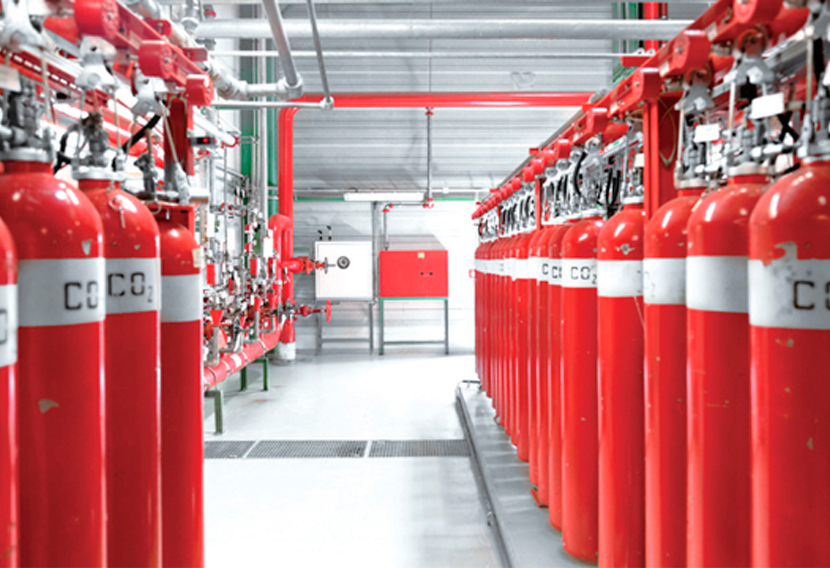
Carbon Dioxide Gas Extinguishing System
Carbon dioxide as an extinguishing agent is swift and through. Within seconds, it smothers a fire and hold damage to a minimum...
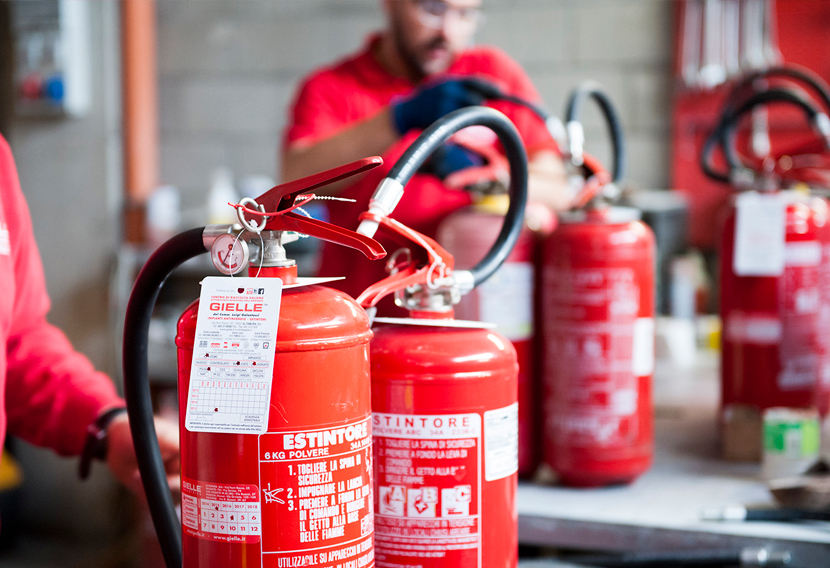
Portable Fire Extinguishers
Portable fire extinguisher is the critical first line of defense in the event of fire. But the wrong equipment can be harmful of deadly...
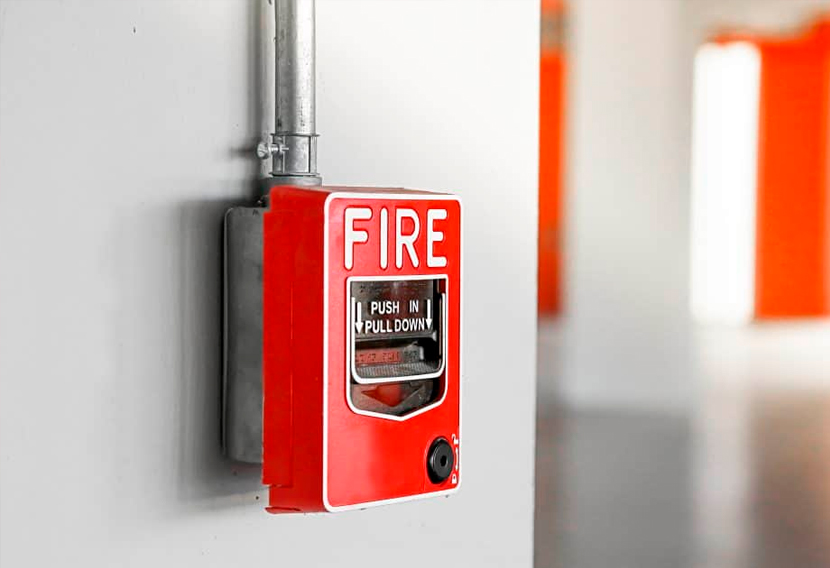
Fire Detection System
The objective of the fire detection systems is to convey clear and audible instruction for all the people on all floors or building in case of fire...
We are the world class Fire engineering and consultants providing the highest quality products, services and solutions to our customers.
General Questions
Should I try to fight a fire?
ssuming that you have been trained, are capable and willing, a charged and proper extinguisher is available and the fire has been reported (alarm sounded); you may attempt to extinguisher a small fire, but then only if you can do so safely and with a clear path out behind you.
How do I use a fire extinguisher?
Generally all fire extinguishers are used in a similar fashion: carry the extinguisher to the fire, pull the pin, point the hose, nozzle or horn at the base of the fire, and squeeze the handle. Use a sweeping motion (back and forth) to cover wider areas. When the extinguisher runs out, leave. It is simple, but if you haven’t operated an extinguisher it is easy to get confused, possibly hysterical during an emergency, possibly burned. So you need to be shown how and gain some hands-on experience under controlled conditions.
Where should the extinguishers be located?
By law, extinguishers must be conspicuously located and readily accessible for immediate use in the event of fire. Extinguishers must be distributed in such a way that the amount of time needed to travel to their location and back to the fire does not allow the fire to get out of control. OSHA requires that the travel distance for Class A and Class D extinguishers not exceed 75 feet. The maximum travel distance for Class B extinguishers is 50 feet because flammable liquid fires can get out of control faster that Class A fires.
How do fire sprinklers work?
At each sprinkler, the water under pressure in the pipe is held back by a plug held in place either by metal parts or a small glass vial filled with fluid. When sufficient heat hits a sprinkler, the special solder holding the metal parts together melts, or the fluid in the glass vial expands enough to break the glass. In either case, the plug is released and the water begins to flow.
Inquiry Information








